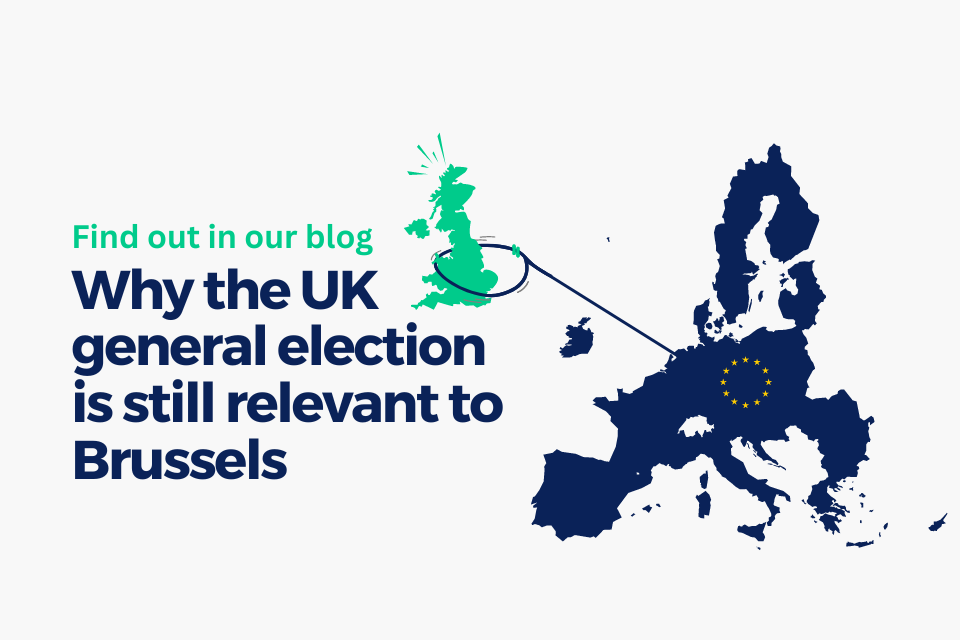#EUWHATSNEXT – The Von Der Leyen problem
By David Gow.
“We had, I admit, a very bumpy start together,” an emollient Ursula Von Der Leyen told a hostile hearing of Green MEPs last Wednesday (July 10), at one of several gruelling hearings in the European Parliament.
The surprise nominee to be European Commission President remains far from certain of winning majority support (374 votes, taking into account 2 missing Catalan MEPs) when MEPs decide on her fate tomorrow evening. Some sources have put her chances at 50/50, although others are more sanguine.
None of this is surprising considering:
- The fragmented Parliament that the European elections produced, and
- The singularly clumsy way that the EU28 summit went about nominating the German defence minister – often known simply as VDL.
Why Ursula?
Emmanuel Macron, Angela Merkel, Viktor Orbán and the absent Matteo Salvini were all variously said to have played the decisive hand in the summit decision to nominate VDL, who ticked enough boxes, not least as the first woman to hold the post.
A Franco-German stitch-up in favour of Frans Timmermans swiftly unravelled in the face of Visegrad Group opposition and determination by some EPP leaders such as Ireland’s Leo Varadkar to keep the job in their group’s hands. Similarly, Danish Liberal Margrethe Vestager was anathema to Salvini’s Lega and others.
The May elections effectively put paid to the Spitzenkandidat system, at least for this mandate. Both the centre-right EPP and centre-left S&D groups – the architects of the system – lost significant ground. And the increased fragmentation rendered a repeat of their 2014 success in imposing their choice (Juncker) impossible, while supposed front-runner Manfred Weber, a Bavarian conservative with no executive experience, had, in truth, scant backing.
Back to smoke-filled rooms?
The exhausting summit brought back (un)happy memories of previous backroom deals – and hence is unlikely to set a back-to-the-future precedent.
It recalled the terrible John Major flop of 1994 when his veto of “arch-federalist” Jean-Luc Dehaene, Belgian premier, brought forth Luxembourg’s Jacques Santer whose presidency and Commission ended prematurely when MEPs kicked him and others out of office for, inter alia, corruption and incompetence. Likewise, José Manuel Barroso only emerged in 2004 after Tony Blair vetoed Guy Verhofstadt, another “arch-federalist” chosen by the Franco-German tandem, leaving his “partners” to scheme in camera. An elaborate game – dubbed “three-cushion billiards” by ex-Belgian premier Wilfried Maertens – is set out here.
This year’s similar lack of transparency is already enraging MEPs determined to flex their muscles more visibly as the VDL hearings illustrated. That’s why the (flawed) Spitzenkandidat process may well be refined and/or rebooted, staging a comeback in 2024…
VDL’s promises
The (current) nominee senses that the Council is willing to improve the Spitzenkandidat process, and it will be her “top priority” to persuade it to do so. Her idea appears to be a joint conference of Parliament and Council, refereed by the Commission, on how to take it forward – perhaps, she hinted, via a return to the (hardly popular) idea of transnational lists.
VDL has also tried to woo MEPs by pledging that her Commission would take far more seriously own initiative policy/ legislative proposals that commanded an parliamentary majority, offering to at least consider putting forward draft directives/ regulations.
For the S&D/Renew, she has offered to put the 20 principles of the European Pillar of Social Rights more at the heart of policy-making, while also contemplating a pan-EU minimum wage and unemployment reinsurance scheme.
Her pitch to the Greens included the idea of cutting emissions in half by 2030 (rather than the 40% target), but she has failed to win any of them over at this stage. Her rule-of-law commitments have made little impression.
Will VDL make it?
It is clear that she is not home and dry even today (Monday). The 74 Greens are an unmoved nein, and German and Dutch social democrats (22 of the S&D’s 154) are holding out for Timmermans. On the other hand, with 182 EPP votes in the bag, she might gain enough backing from Renew Europe, sympathetic S&D members such as the Danes and Spaniards, and even Salvini’s ID group and the ECR to win through.
Clearly, however, if she fails, there is no immediately obvious replacement candidate. That bumpy start may well become a chaotic roller-coaster…


